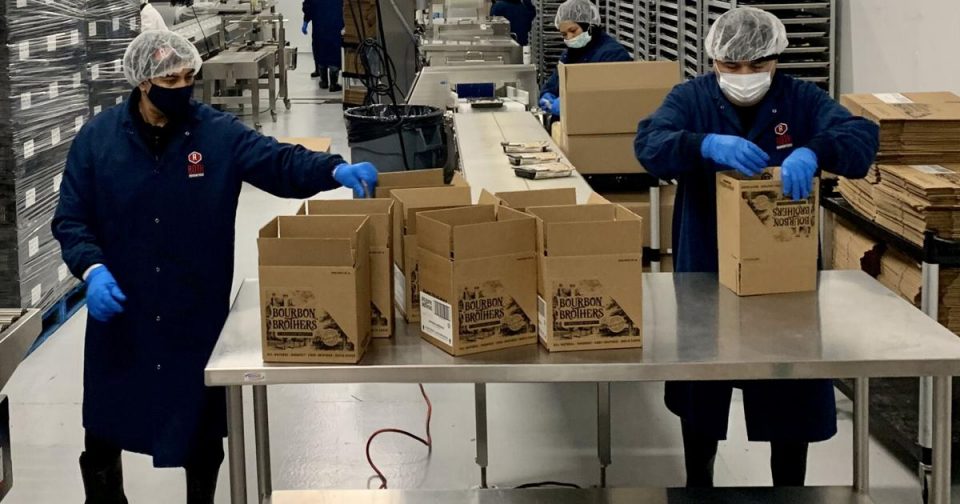Investments in startup companies took a step backward in the state and the nation in the first quarter as falling stock prices, inflation and war in Europe curbed investor enthusiasm.
Just one company in Colorado Springs, Roth Industries, raised money in the first quarter. The company, which sells prepared foods to major grocery chains, secured about $1 million in a capital call to existing investors to finance the launch of new products.
That’s a big decline from the $200.4 million raised during the same quarter last year. That total, however, included a record $200 million landed by Quantum Metric, which helps companies find their best online revenue opportunities. The deal made the company Colorado Springs’ first “technology unicorn” — a company with a market value of more than $1 billion.
While this year’s first-quarter total paled in comparison to a year ago, it was about five times more than the $200,000 raised in the previous quarter, according to a report from PitchBook and the National Venture Capital Association.
Startup funding statewide in the first quarter fell by nearly a third from the first quarter last year to $1.05 billion. The first-quarter total also was down nearly two-thirds from the record $2.87 billion startups landed during the fourth quarter of last year. The state’s two largest deals went to Denver environmental measurement company Project Canary, $111 million, and Evolve Vacation Rental, $100 million.
Nationwide, startups landed $70.7 million in the first quarter, down 8.1% from the first quarter last year and off 25.9% from the record $95.4 million secured during the final quarter of 2021. The largest deals included $3 billion to California pharmaceutical manufacturer Altos Labs and $935 million to California freight forwarder Flexport.
The report by Pitchbook, a Seattle-based research unit of Morningstar, and the National Venture Capital Association, a venture capital trade group, is different from other reports tracking venture capital activity because it also includes angel investments from wealthy individuals and “seed” investments from groups that back startups before they receive money from venture capital funds.





